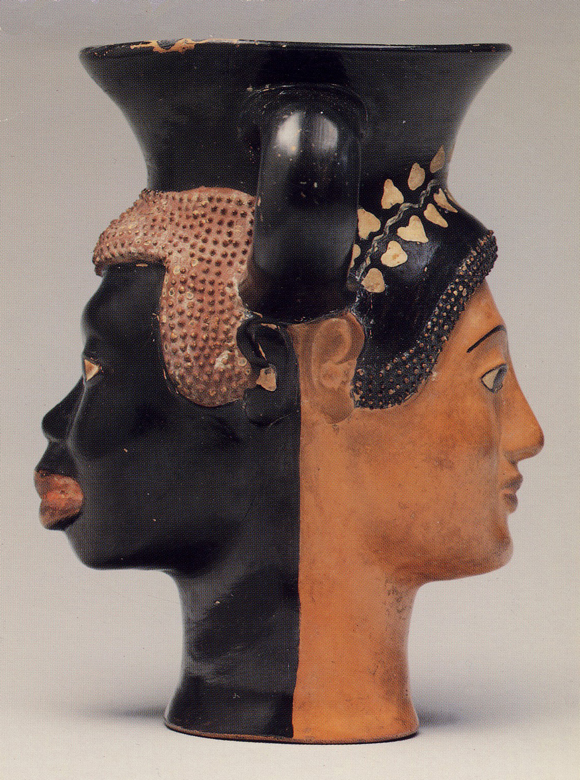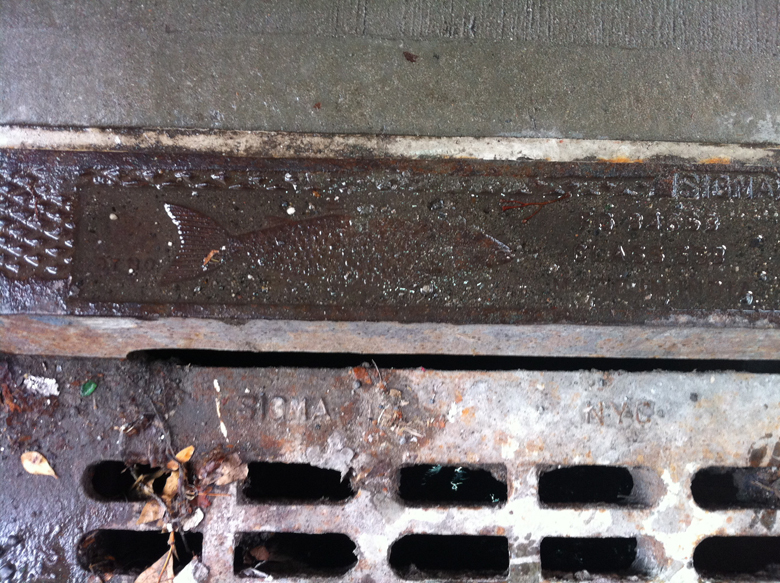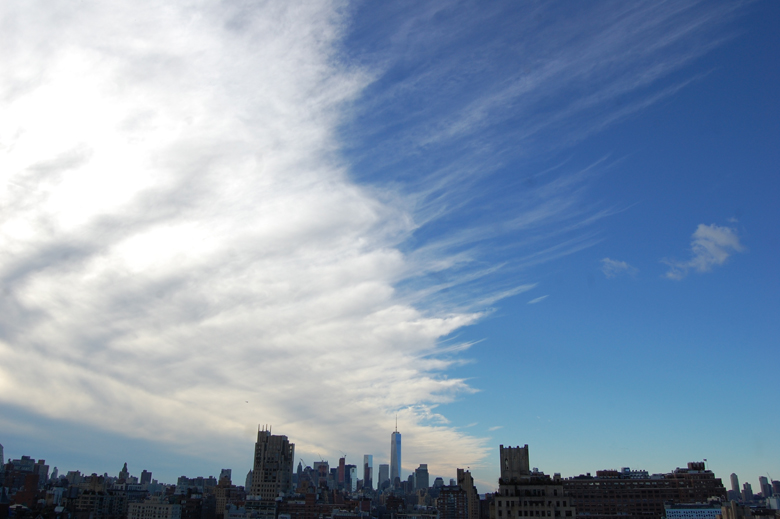LXX
Don’t forget the Canaletti.
The movement through the work is the movement through the world.
Must we battle with the page or can we find ourselves, fundamentally, spontaneously, knowing how?
Tom Bisio writes that Kristopher Schipper, author of The Taoist Body, adds to this idea of knowing how “a refusal to be used for something.” Our “’being used’ stems from our own imbalanced desires creating involvement with others, rather than the involvement with others being a natural extension of living within oneself.” [Decoding The Dao, p. 320.]
I have come to believe that this internal and harmonzed “living,” resulting from the cultivation of a “refined and distilled” breath energy, is central to our capacity to “become one” with what we write, to mingle our “life” with it. Here I extend Guo Xi’s ideas on painting toward my own and others’ writing practice. What if one were to achieve a degree of respiratory effusiveness that allowed one to mingle one’s own breath energy with that of the world’s in its constant renewal? Here the Zhuangzi describes an individual breath “tuned to” that of the world’s. For Jullien such an attunement involves listening over seeing, since the latter “aggressively projects attention outward, whereas listening gathers it up within.” [The Great Image… p. 171]
And the cops, for their part, recognize, beneath thought or expression, that they are not of the bourgeoisie. Nor are they common men or women, workers, for they have turned against their own. And to avoid, at least in part, the awfulness of class-traitorship, the “white” among them become racist, or intensify their inate racism. And the cops “of color,” how horrifying a mutilation of the soul they are forced to practice on themselves.
They are dangerous, the cops: these creatures out of some reverse Doctor Moreau wherein the human is systematically severed from the primitive and life-giving fraternal sense. “Are we not men?” Well no, not really. Not anymore.
I have a friend who thinks, well, if we just stopped paying them, they’d melt back into the populace. Perhaps he’s right. I don’t know. They seem like ruined spirits to me.
Let will melt into intention.
Then forget intention.
Let gaze soften and turn within.
Then forget yourself.
What form object?
Breathe-sit like a mountain.
Move-write like the wind.
Paint the bamboo when you have forgotten to look outside. When its shoots and knots have gathered within your bosom.
Suffuse the page. Penetrate. Animate the dead letters with your life-giving breath.
Fill the belly. Empty the heart. Forget desire.
Paint the landscape: mountains, streams – not from your knowledge of them (connaître), but from co-naître, your sense of being born with them. [Paul Claudel via François Jullien]
Jump-out: the deadly, fear-filled scattering of qi.
The cops: forbid them the color blue.
Brothers, you cried out in the dream, brothers you will not fire on your own brothers just because they tell you to fire, no brothers – but they fired all the same, these brothers of yours with guns, and they killed you once to sweeten your sleep and a second time and sweeter when you woke. Brothers, you said, but where were your brothers when you went up in smoke in the Chair? Brothers, you called them, but shit they were your brothers, because they were other things first. They were troops, they were company-cops, they were night-riders, they were lily-white sports with telescopic sights. They were bush-whackers, vigilantes, armed guards, and crack shots, sitting, standing or prone. They were firing parties, they were Kike-Koon-and-Katholic-killers, they were Pinkertons and picaroons. Triggermen all – and if they were ever your brothers, they were your brothers last. [John Sanford, “Blues for Two Dead Italians,” from A More Goodly Country. New York: Horizon Press, 1975]
A categorical error made by many people is the assumption that their ideas, values, beliefs or behavior constitute a heuristic for others.

A friend, in light of recent protests, concludes his email: “I’ve never asked you during our years of correspondence what you thought about Occupy Wall Street? I read your piece on the ‘occupy writers’ website but what were your takeaways from that movement once it was either ‘over with’ or had changed into something else? Very curious about that, if you feel like writing about it.”
After several days of gestation, I feel like writing about it:
Dear V. — my experience with Occupy was limited to spending perhaps a hundred hours, over the course of the protests, at the encampment in Zuccotti Park. What was most instructive for this old sixties warhorse was to observe firsthand how rapidly – once the territory was seized – the energy within the park stagnated, necessitating pyrrhic breakout actions that actually served to thin the ranks due to arrests and further depleted the spirit of the occupation overall.
Tactically, the time to “release” our grip would have been, say a week, after the Mayor’s planned early morning sweep had been repulsed by the presence of thousands of new defenders, among them many people from organized labor, and including a contingent from the traditionally conservative building trades. After that victory, things went downhill fast. The whole vibe changed from one of respiration to one of sodden congealment. You could practically feel it seeping up out of the pavement. Put in terms of inner cultivation, it is one thing to fast the spirit, thus emptying the overfilled heart of its attachments, distractions and “preoccupations” – allowing your qi to sink back into the lower abdomen. It is quite another to try to hold your breath. No need to turn blue, since the cops will do it for, and to, you.
I don’t know what’s been taken in by the young people who were part of this very natural, spontaneous surfacing of social wisdom. My suspicion is that a great deal was learned, since the next time Occupy became publicly visible was via many of its participants acting as first-responders when Sandy revealed the fundamental inefficacy of the city’s official authority structure. Some of the same people are now operating with a combination of remarkable intentionality and restraint in what has been called the “Black Lives Matter” movement.
That said, I would refer anyone having a tendency, however latent, to engage directly with current and future protests, to the following passages to be found on page 164 of François Jullien’s book The Great Image Has No Form:
“’When you no longer occupy’ your self, says the Zhuangzi, ‘in your self, forms and things appear by themselves. (chap. 33.5) Obviously, ‘occupy’ circumscribes and attributes a territory to the self, separates ‘what’ you occupy from ‘what’ you do not occupy, establishing, however little, permanence and rigidity. The Zhuangzi teaches us to de-occupy ourselves, but not because the ‘self’ is detestable and we must flee it or ascetically deny it, but because we need to recover from the consistency of the subject, to rid ourselves of it and ‘forget’ it, in the terms of the Zhuangzi – that is the Zhuangzi’s principal, systematically conducted philosphical operation – in such a way that we no longer have to posit the world as an object opposite us to be known and manipulated… When you renounce any position as ‘occupier’ (there is no longer ‘self’ and ‘other’ facing off), no longer orienting yourslf or digging in as a result (in one direction or the other), [you are] able to embrace [the world] in every direction – without ‘direction’ or ‘horizon’ (wu fang) and solely in accord with the initiative of the transformation under way.”
Et Mont Sainte-Victoire, mon am…


